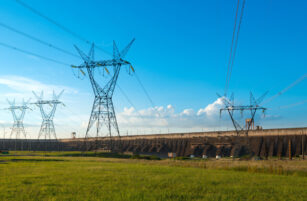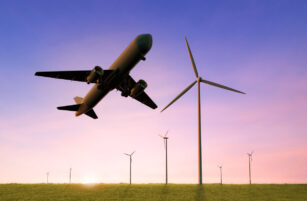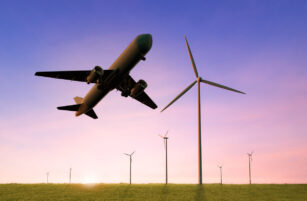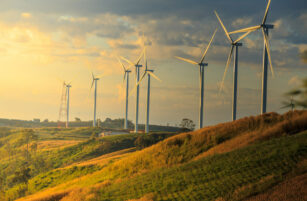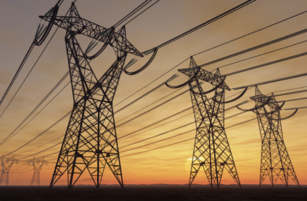Main points
- The level of reservoirs in the Southeast and Midwest of the country is worrying.
- Given this situation, changes in the parameters that define the price of energy are under discussion.
- If approved, the change of models is expected to take place in early 2022.
The electrical system and the water crisis
- In view of the drought scenario experienced by Brazil, government technical bodies are carrying out some regulatory maneuvers to contain the water crisis.
- In addition to the change in the values of the tariff flags seen above, the change in the risk aversion parameters is under discussion
- The intention is to make the models that define the energy price more risk-averse to preserve the low reservoir levels of hydroelectric plants
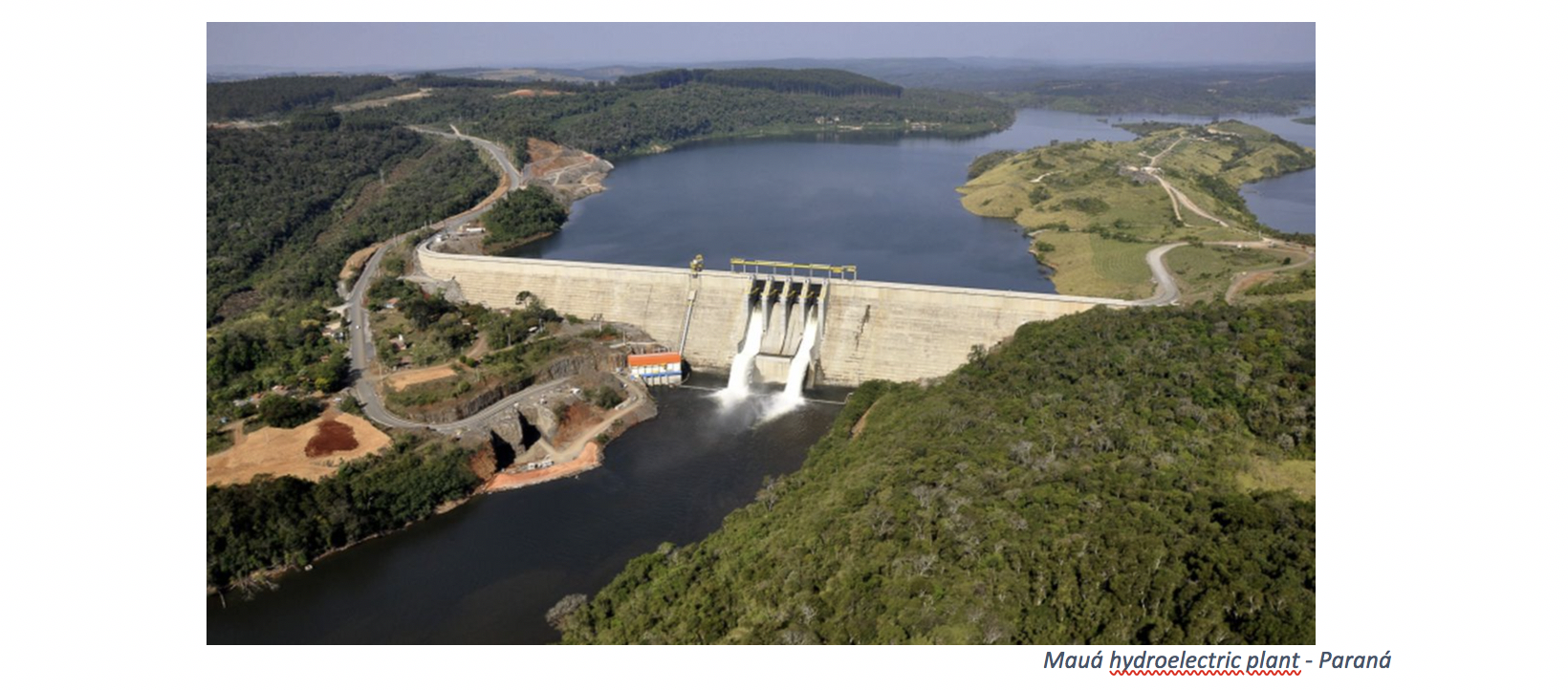
- According to ONS, the useful volume of reservoirs in the CS region is 27.17%.
- It is forecast to reach 10.7% in November, the beginning of the rainy season – reaching the lowest level in the last two decades.
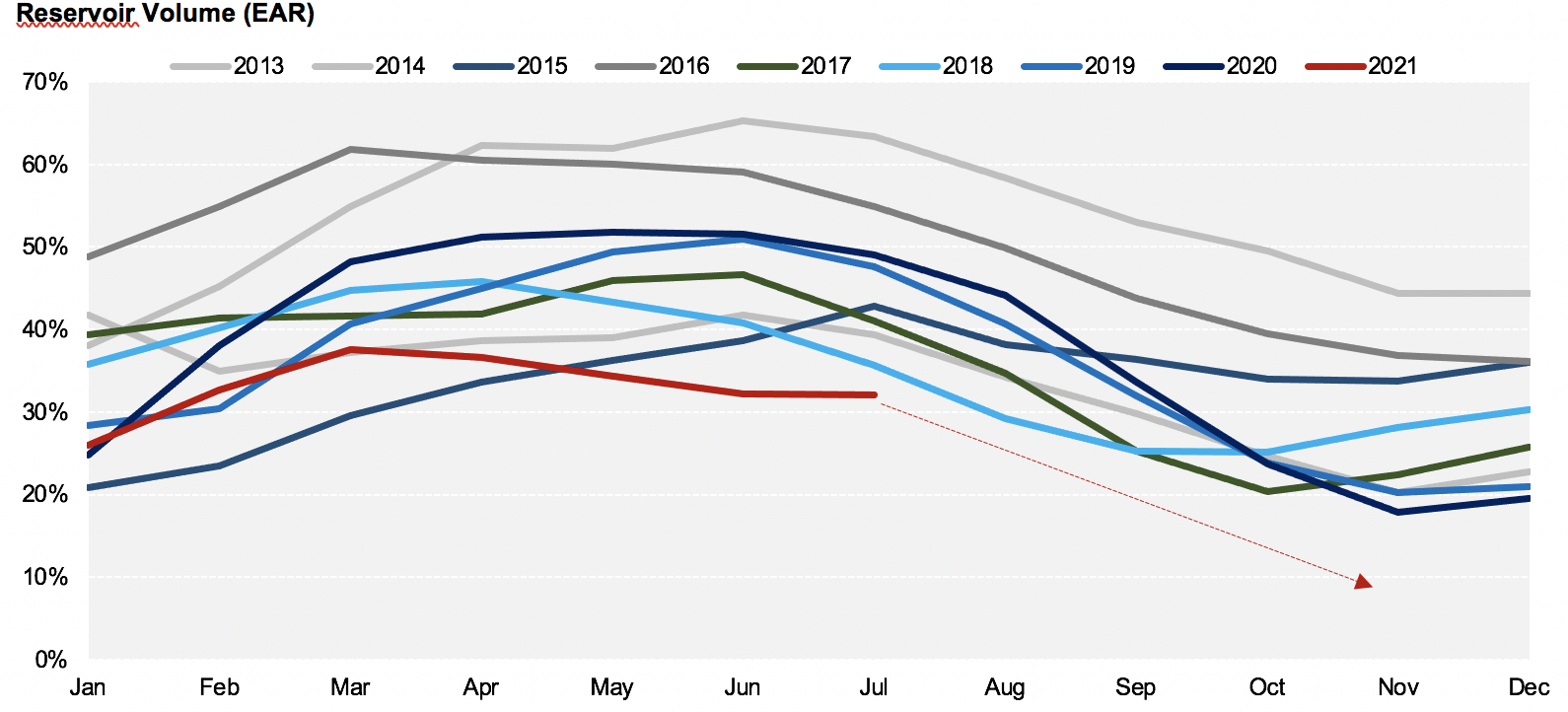
- Recently, the possibility of a blackout was denied by the Minister of Mines and Energy, Bento Albuquerque.
- Among the actions taken by the government to avoid a worse scenario is the reduction of flows at hydroelectric plants.
- This generates a significant increase in thermal generation and, consequently, an increase in energy prices.
- Normally, thermal energy generation only starts in June, but due to the situation this year, the Electric Sector Monitoring Committee (CMSE) has postponed the start of generation to April.
- The change in models is expected to take place as of January 1, 2022.
- The matter is being discussed in public consultation and the decision should come out by the end of July.



